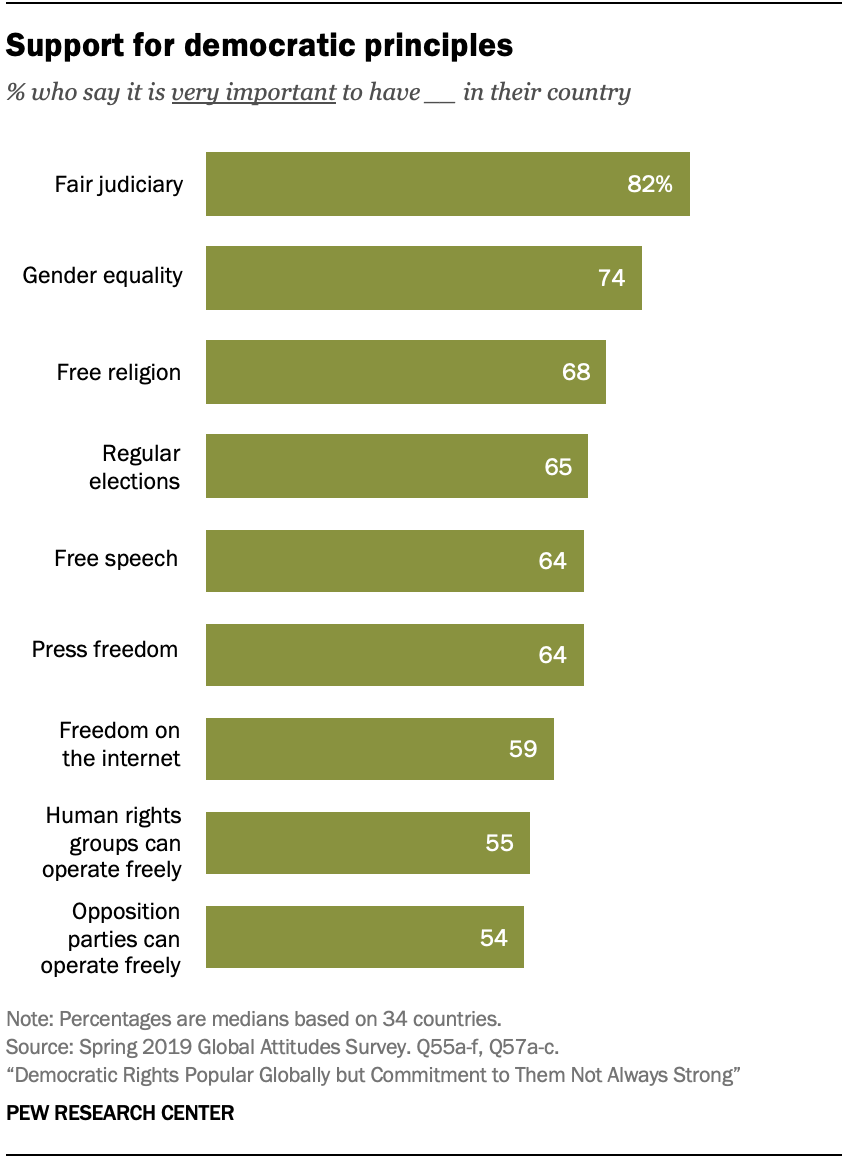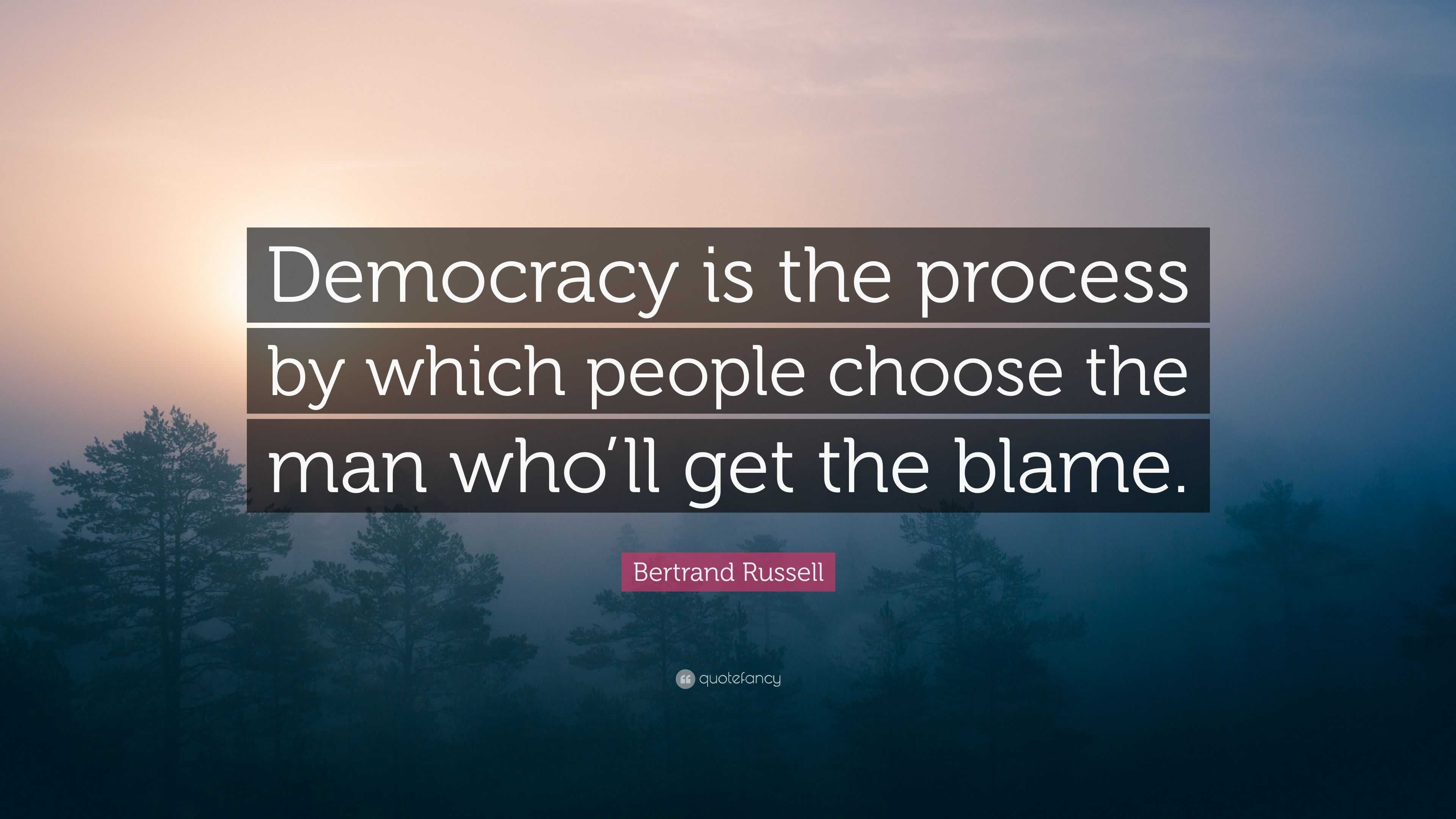
Elected by their respective state legislatures rather than directly by the voters.

Not to produce a document merely to "please the people." The senators from each state were to be. Democracy Rule by the common people George Washington, the presiding officer at the Philadelphia Convention, urged the delegates. Forcibly put down by the state militia after several skirmishes that left eleven men dead and scores wounded. In the winter of 1787, impoverished farmers in western Massachusetts led by Daniel Shays took up arms. To survive, they frequently had to borrow money at high interest rates ranging from 25 to 40 percent. Heavy rents, ruinous taxes, and low incomes. In the United States of 1787, there existed poorhouses and a large debtor class. The farmer and his family pulled the plow.

But little else, surviving in a one-room house or log cabin, without barns, sheds, draft animals, or machinery. A study of Delaware farms at about the time of the Constitutional Convention found that the typical farm family might have a large plot of land. Poor freeholders, artisans, tenants, and indentured servants, the latter entrapped in payless servitude for years. Most of the White population consisted of. Parochial spendthrifts who never paid their debts and who advocated inflated paper money. A constitution was much needed "to contain the threat of the people rather than to embrace their participation and their competence," lest "the anarchy of the propertyless would give way to despotism." The working people of that day have been portrayed as. In 1787, a worried George Washington wrote to a former comrade-in-arms that. The insurgent spirit evidenced among the people. Most troublesome to the framers of the Constitution was. Defend the very wealthy from the competing claims of other classes within the society. Effectively propagate the financial and commercial interests of the affluent classĤ. Protect overseas commercial and diplomatic interestsģ. Resolve problems among the thirteen states regarding trade and dutiesĢ. The delegates to Philadelphia wanted a stronger central power that would. But these actions required the assent of at least nine states. Treaties, trade, appropriations, currency, disputes among the various states, war, and national defense. Under the Articles, "the United States in Congress" wielded a broad range of exclusive powers over. The professed purpose of revising the Articles of Confederation and strengthening the central government. In 1787, just such wealthy and powerful "gentlemen," our "Foundingįathers," congregated in Philadelphia for. In order to hold office, in Maryland, a candidate for governor had to own property worth at least. £7,000 clear of debt (equivalent to over a million dollars today). In order to hold office, South Carolina state senators had to possess estates worth at least. In order to hold office, a member of the New Jersey legislature had to be worth at least. So steep as to exclude even most of the White males who could vote.

Property qualifications for holding office were. All Native Americans ("Indians"), persons of African descent, women, indentured servants, and White males lacking sufficient property. For more information, visit his website: "About this title" may belong to another edition of this title.The people excluded from voting were. Some 300 articles of his have been published in magazines, newspapers, websites, and scholarly journals, including American Political Science Review, Journal of Politics, Social Research, and New Political Science. His various talks and interviews have played widely on radio, television, and the Internet. Parenti lectures frequently throughout North America and abroad. His publications, including previous editions of Democracy for the Few, have been read and enjoyed by students, lay readers, and scholars, and have been used extensively in hundreds of college courses across the country.

He is an internationally known, award winning author who has published 21 books, including: God and His Demons (2010) Contrary Notions: The Michael Parenti Reader (2007) The Culture Struggle (2006), and The Assassination of Julius Caesar (2003).Various writings of his have been translated into some twenty languages.
#DEMOCRACY FOR THE FEW FULL#
Michael Parenti has taught political and social science at a number of colleges and universities, and now devotes himself full time to writing and guest lecturing.


 0 kommentar(er)
0 kommentar(er)
